For homeowners, the winter months frequently mean higher energy costs. If you reside in a region of the country with severe winters, heating your home could be more costly than cooling it in the summer. Additionally, many people spend more time at home in the winter, which may result in higher energy consumption. Although we need to keep warm, we also want to avoid paying too much if we can find ways to economize.
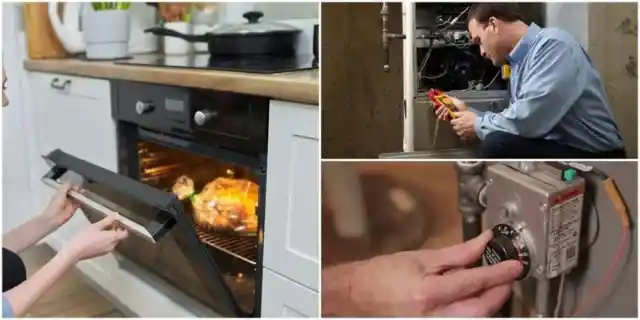
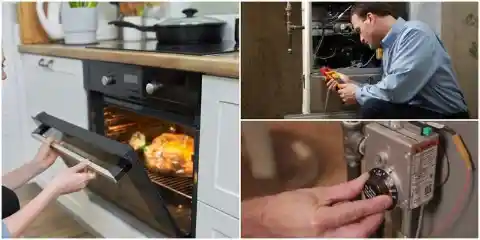
To effectively boost our energy efficiency, we must learn how energy is used, where it can be wasted, and how to use it more efficiently and effectively in daily life. This goes beyond simply using less energy. Here are some suggestions and techniques that help us save money on utility bills while also protecting the environment.
Learn about the most efficient cost-saving techniques for everyday use!
Sealing Doors and Windows
Sealing windows and doors is a smart way to start lowering your winter electric bill. Even though the thermostat is set to high, your home may not be warming up because of window gaps, door gaps, and dryer vents that enable warm air to pass through them.
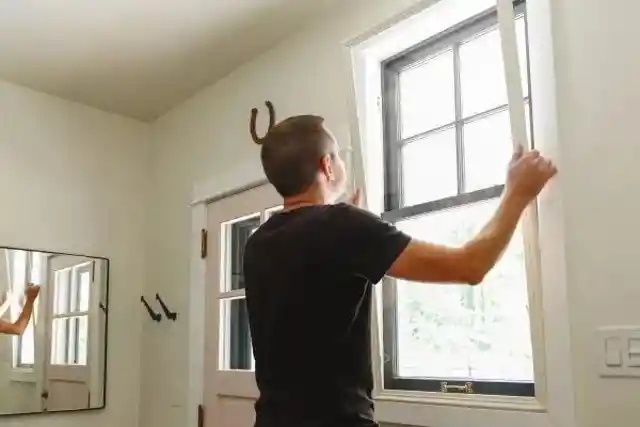
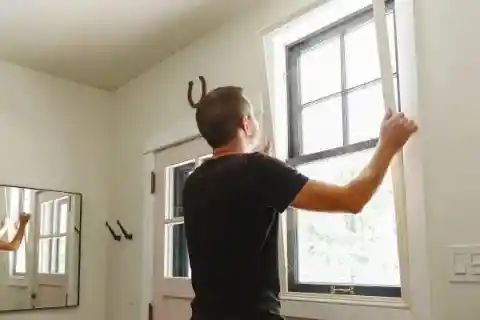
Applying weatherstripping around such gaps will stop warm air leakage in its tracks. Additionally, door sweeps aid in sealing the gap between your door's bottom and the door frame. You can even get some protection from the cold via draft stoppers.
Keep The Air Vents Clear
Heating vents serve as "transport systems" for hot air. If furniture or draperies are blocking those vents, you're making your furnace work harder than it needs to. Also, the increased air pressure in your ductwork from blocked vents may cause the vents to break and leak.
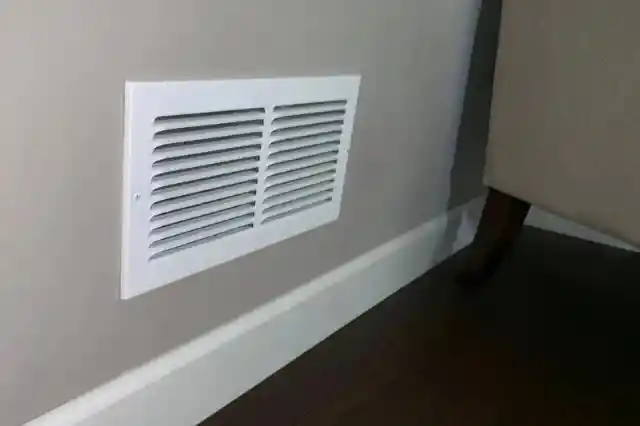
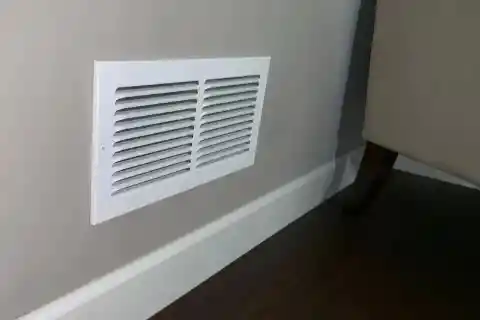
In addition, by cleaning your vents, you ensure that your system is operating as intended and that good flow is provided to every area in your house. If a piece of furniture is blocking a vent, try using an inexpensive vent extender.
Adjust the Temperature of the Water Heaters
Did you realize that your water heater accounts for over 25% of your utility bill? That's a surprisingly sizable amount. This is especially true if it's an older model. As a result, your water heater may be consuming more energy than you realize.
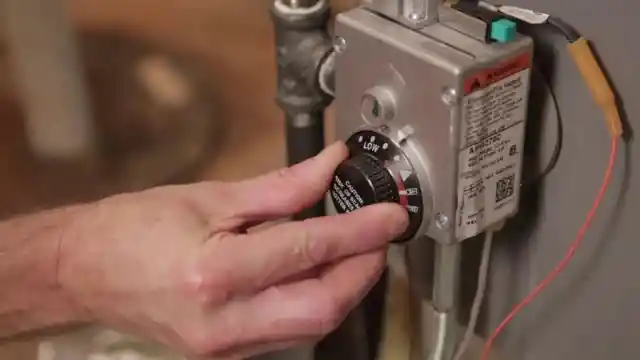
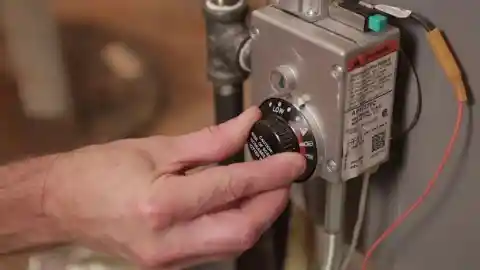
Most people need more hot water than they get with the setting at 120 degrees. Consider installing a hot-water heater blanket, a layer of insulation that encircles the hot water tank, to increase your savings. This retains more heat so that the heating element can run less frequently.
Full Loads of Laundry
Here’s a fun fact: Regardless of how much laundry you do, the washing machine consumes the same amount of electricity. So, when feasible, always run full loads; this is one of the simplest pieces of energy-saving advice.
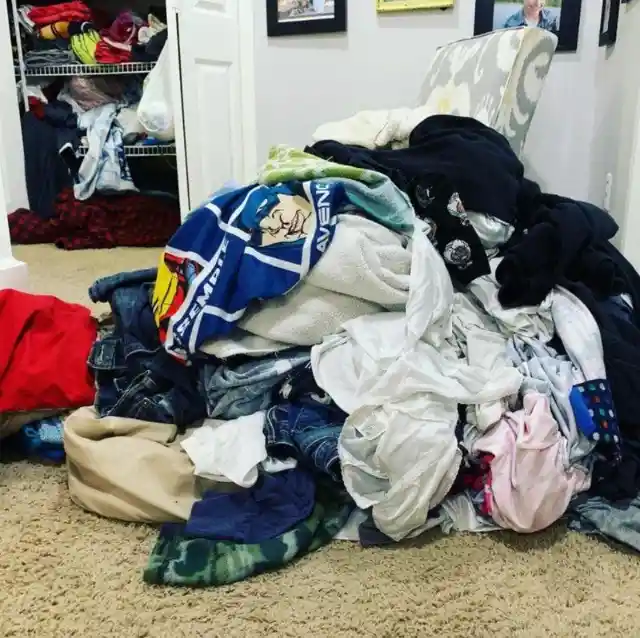
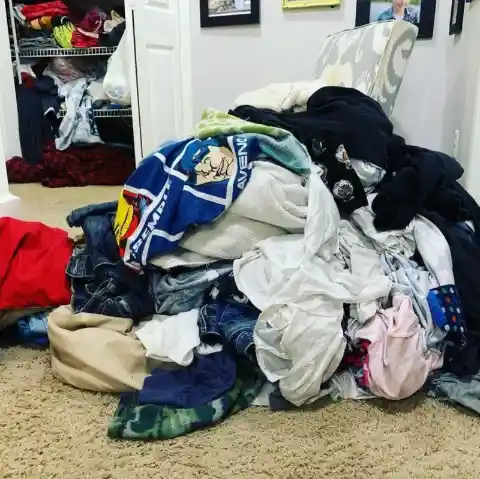
Doing laundry in partial loads uses the same amount of energy as running a full load. With many smaller loads, you'll end up using more water and electricity. The best strategy is to use your machine only when you have a full load. You'll use far less hot water, which may result in savings.
Always Insulate Pipes
When it's extremely cold, pipes can freeze. When they do, they become more brittle, making them more likely to crack and break. When this occurs, we are responsible for paying for the pricey repairs.
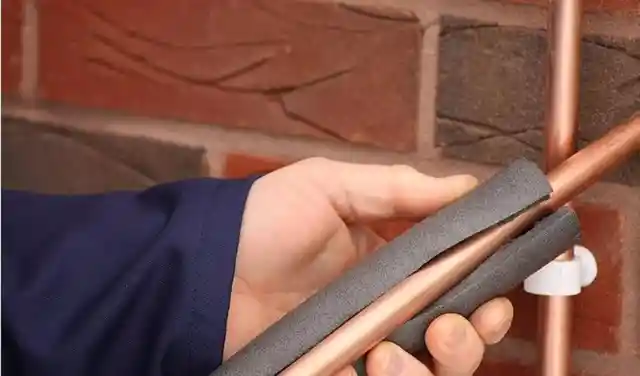
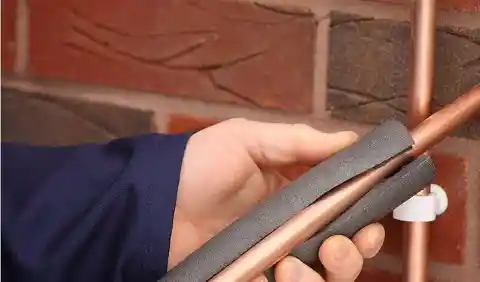
In addition, the pipes that supply hot water to your home's showers, faucets, and appliances can leak. Insulating hot water lines can increase the temperature of the water lines and protect the pipes against freezing. Using insulated pipes, you won't need to run the water as long to get hot water.
Unplug Electronics When Not In Use
You might assume that when we advise shutting off electronics and appliances you are not using, we mean just turning the item off. Actually, we're discussing unplugging them from the wall. This is because, even when switched to the "off" position, many devices and appliances continue to use energy.
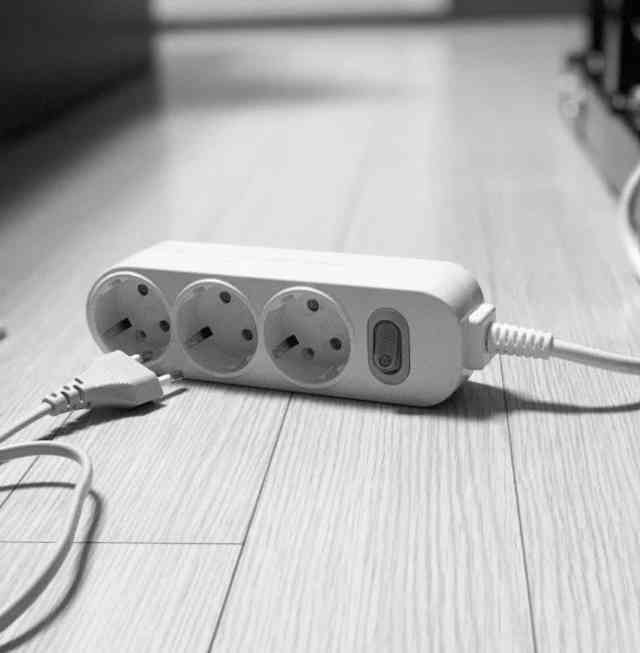
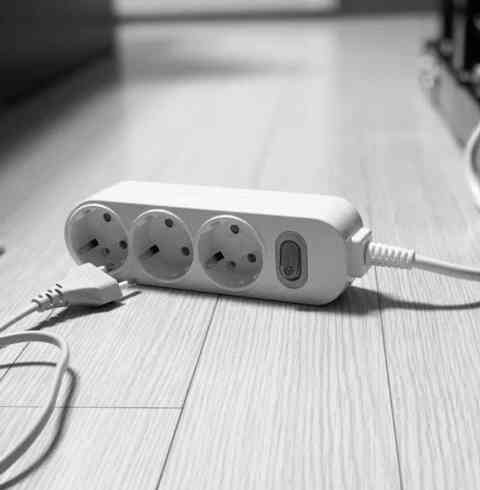
Examples of appliances that need to be unplugged from the wall are desktop computers, monitors, printers, TVs, microwaves, and gaming consoles. When you're not using these gadgets, unplug them to save electricity. Unfortunately, these energy vampires drain your power supply when you least expect it. In addition, because they essentially exist in standby mode, remote-controlled devices are the main offenders.
Use LED light bulbs
In the winter, our light fixtures have little impact on warmth. Even if they do warm us a bit, leaving them on for a long time wastes energy and drives up our utility bills.
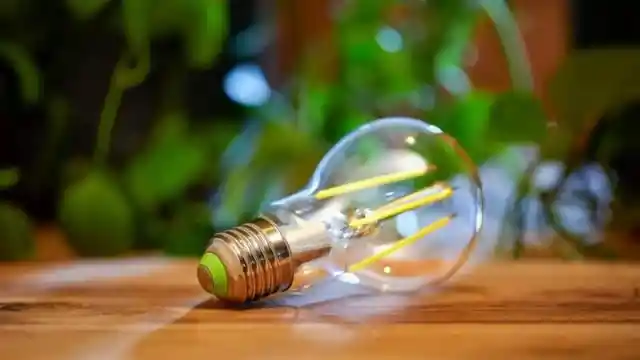
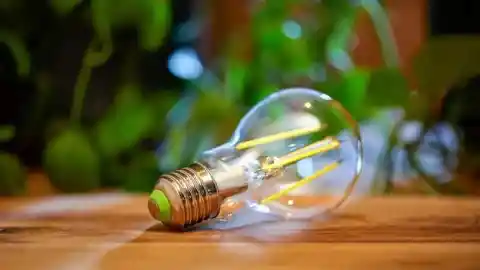
You can save electricity by switching to LED light bulbs. Since they consume 75% less power and last 25 times longer than other light sources, light-emitting diodes are one of the most energy-efficient lighting options. Consider how many light bulbs you have in your house to get an idea of how much money you could save.
Let the Sunlight In
The health and well-being of a person depend on sunlight. It can support bone health, lower blood pressure, improve mental health, and, most significantly, keep us warm. It can also produce vitamin D.


Your windows' exposure to sunlight might contribute to a room's heating. This winter, strategically opening and closing your draperies can reduce your energy costs. Open the draperies when the sun is shining; when it gets dark, close them. To stop drafts and reduce heat loss through the glass at night, make sure to close the drapes and shades on all of your windows.
Change Furnace Filters
This is a wintertime must. A furnace is one of the most important and typical heating devices used in most homes during the winter; it is an enclosed space where heat is created. Sadly, despite their frequent use, the air filters inside furnaces frequently go without cleaning or replacement.
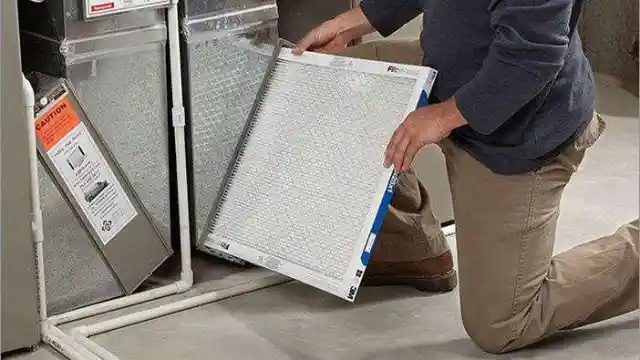
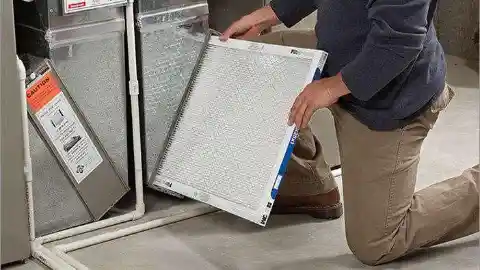
Air flow will be impeded by a blocked filter, which won't shield your furnace from airborne dust. If your furnace malfunctions, you'll have to pay a significant amount of money and be without heat while it is being repaired. Changing your furnace's filter every three months is a cheap and simple way to maintain it.
Cold Water and Dish Soap Combination
Manufacturers of dishwashers advise connecting the appliance to the hot water supply since the unit operates more effectively when the water is either warm or hot. Dishes often have a residue after use which needs to be washed away with hot or, at the very least, warm water.
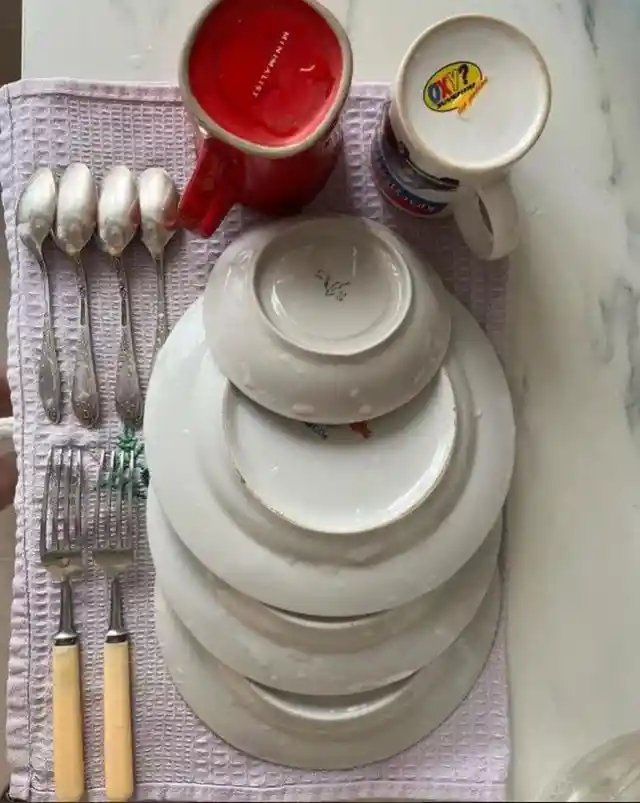
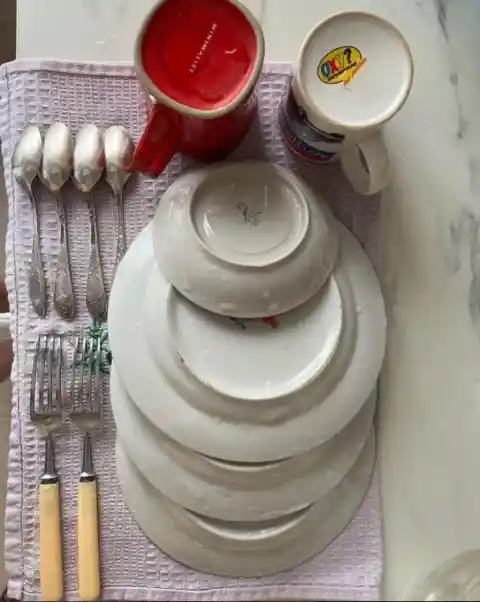
However, this makes the water heater work hard and consume more. To save energy and clean effectively, you might wash with cold water and invest in better dish soap.
Hot Hack
Your pots and pans will heat up faster depending on the burners you use. Because of this, it's important to utilize the right size burner for your cooking utensils; tiny pans should be heated on smaller burners, and vice versa.
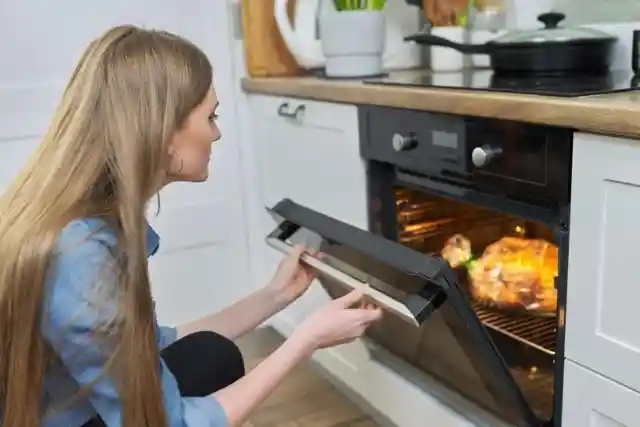

Additionally, don’t keep opening the oven doors when it's in use. This is a mistake that many people make. Your food won’t cook as quickly since whenever the oven door opens, the temperature inside immediately lowers by about 30 degrees.
Food Storage in Fridge Tips
It's critical to cover every item properly when storing food in your refrigerator. If moisture escapes, the compressor has to work harder to compensate for the moisture locked inside each food container during storage.
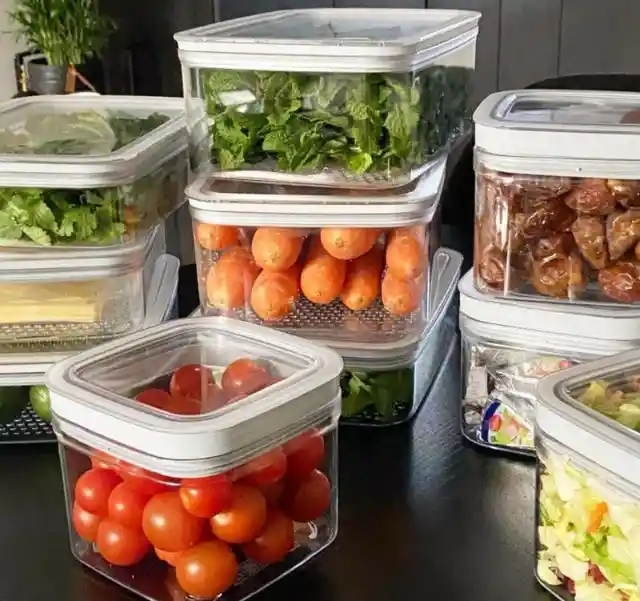
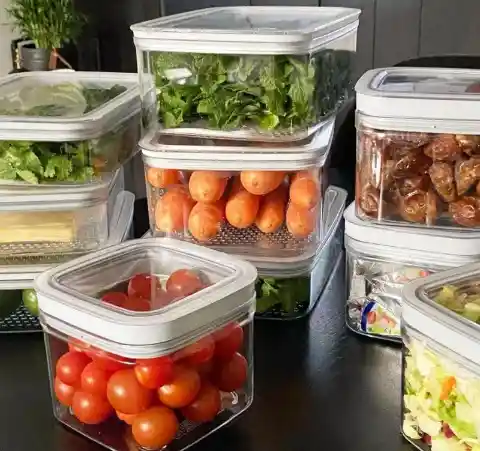
When the compressor works too hard, this can add significantly to your utility bill. That is because your refrigerator is consuming more energy than necessary. In addition to keeping utility costs down, when you cover the contents of your refrigerator, you may keep food-contaminating dirt and dust out of the fridge.
Laundry Hack
An overfull dryer wastes energy, but we can’t do loads and loads of drying just to save money. Don’t go buying another dryer; we have a better solution.
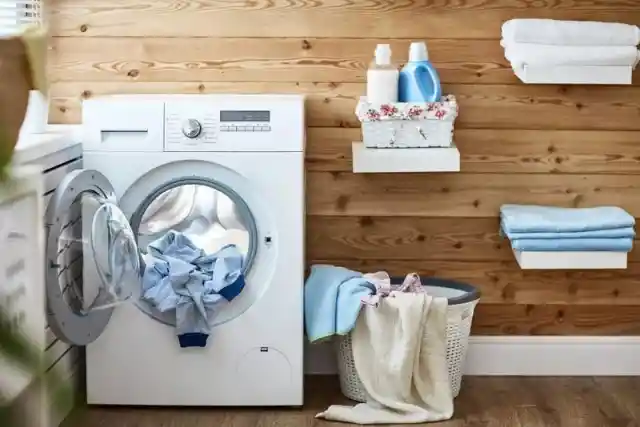
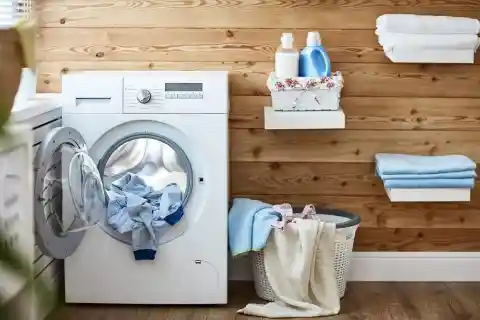
Your clothes will last longer, and you will use less energy if you air-dry your laundry. Enjoy the fresh air while you dry your clothes on the line with solar energy that is completely free. If you are using the dryer, dry a second load right after the first is finished. This makes use of the heat left over from the first load of laundry.
Pre-Laundry Rituals
Speaking of laundry, you can use less detergent to clean your clothes. Detergents are rather expensive, and if you use a lot in each load, the supply will run out very quickly.
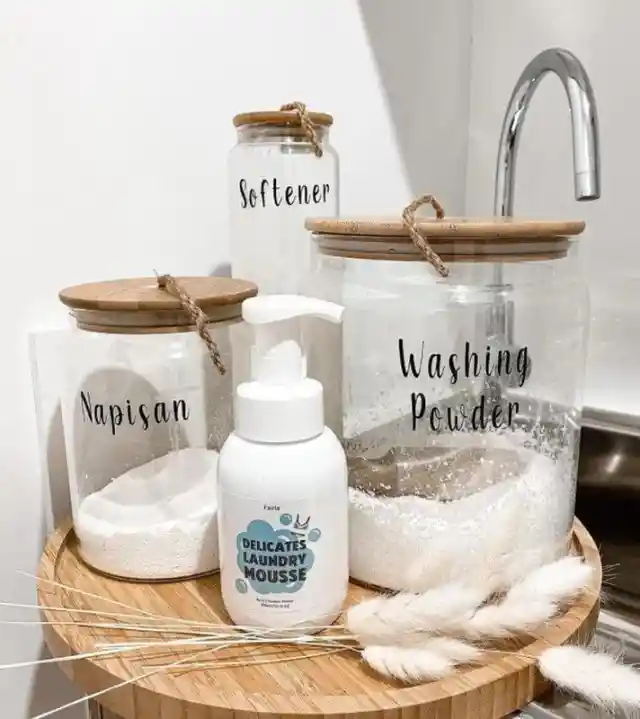
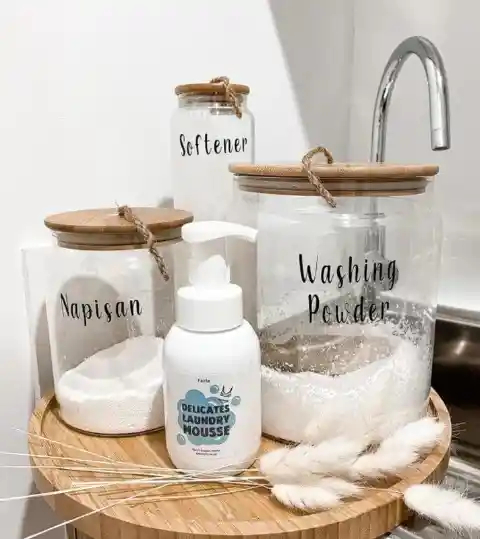
One solution is to pre-soak clothes. Even hardened stains will become slightly less sticky as they soak in water. Before starting the usual cycle, pre-soak garments with sweat odor or laundry from the "super dirty" basket for an hour in water with an enzyme detergent. Laundry can be soaked in a utility sink, a big bucket, or the washer.
Automate Thermostat
Your thermostat can save you money. One of the best ways to do that is to raise the temperature in the summer and lower it in the winter. Additionally, using a programmable thermostat is a real money saver since we frequently forget to switch off the thermostat or reduce the temperature when no one is home.
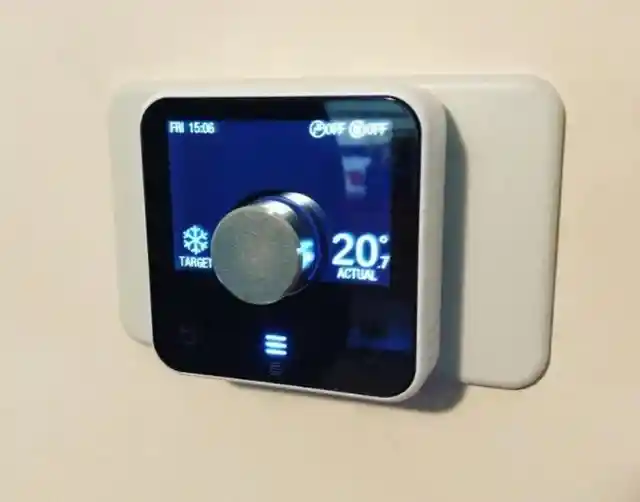
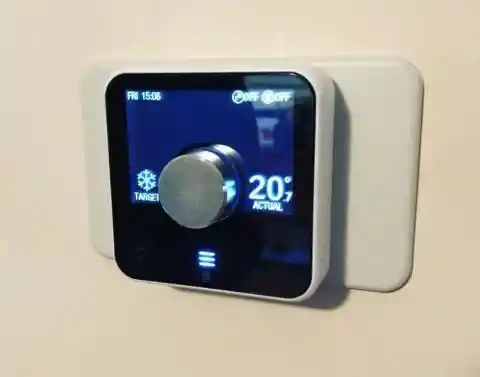
When you're not home, a programmable thermostat allows you to increase or decrease the temperature in the house, which lessens the temperature difference between the interior and exterior of your home and reduces energy loss. You can manually adjust your current thermostat if you don't have a programmable one.
Reverse Function In Ceiling Fan
The direction of ceiling fans should always be counterclockwise during the summer. This is how fans are intended to operate in order to push cool air downward and provide you with relief from the heat. However, maintaining the same ceiling fan direction in the winter will chill you down even more, something you definitely would want to avoid when the outside temperature drops.
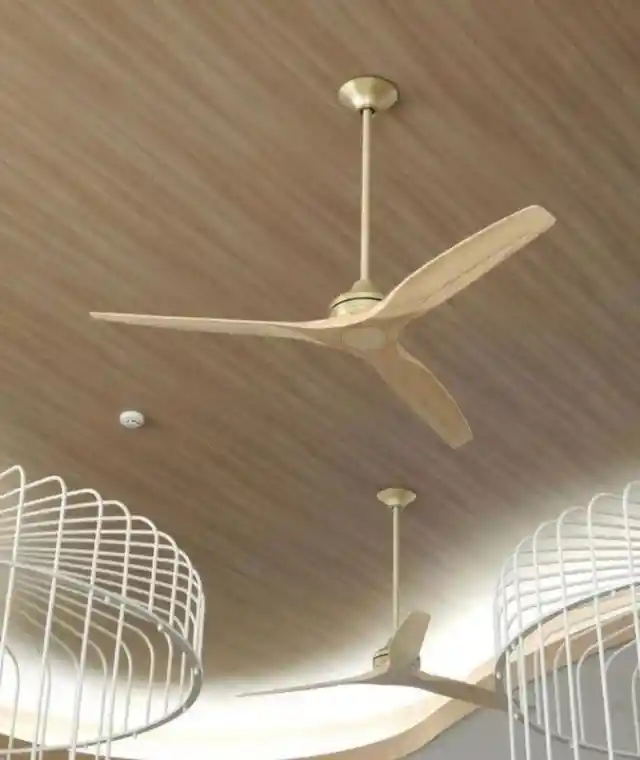
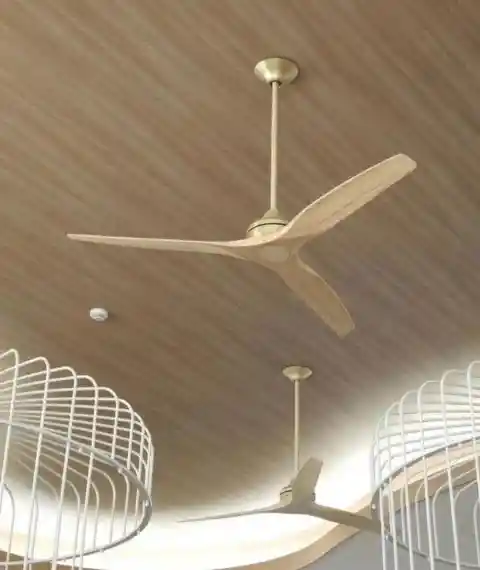
If you turn the blades clockwise during the winter, the blades will suck the cool air from the bottom and push it upwards while pushing the warm air close to the ceiling down to the floor.
Insulate the Attic
It's possible that heat is escaping from your home's attic, which is usually uninsulated or poorly insulated.
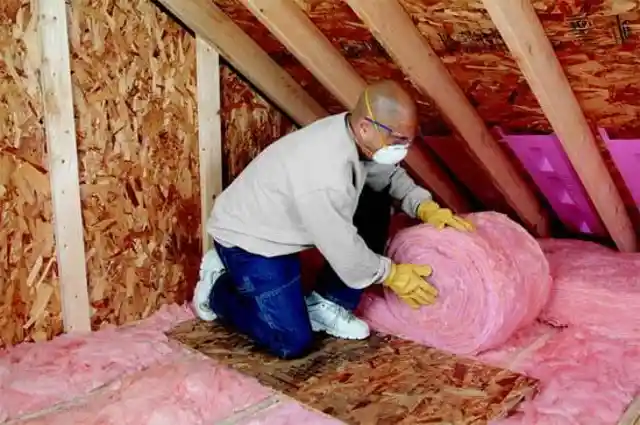
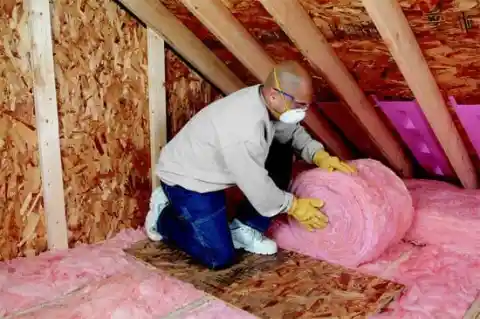
You'll stay warmer and pay less in energy costs if your home has at least six inches of insulation separating the heated and unheated areas. Attic insulation can be expensive, but it should pay for itself after a few seasons. This will guarantee that you retain more heat in the inhabited areas of the house.
Higher-Density Insulation
When it comes to insulating your home, high-density insulation, with more fibers per square inch than regular insulation, can be your best option. Another energy-saving investment could be rigid foam boards for cathedral ceilings or exterior walls. There are numerous types available.
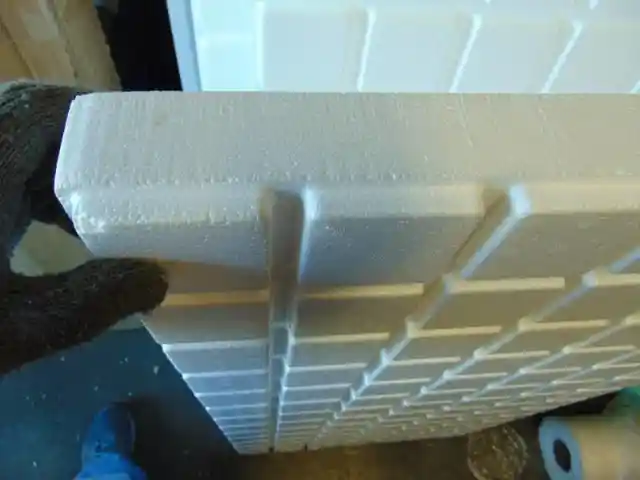
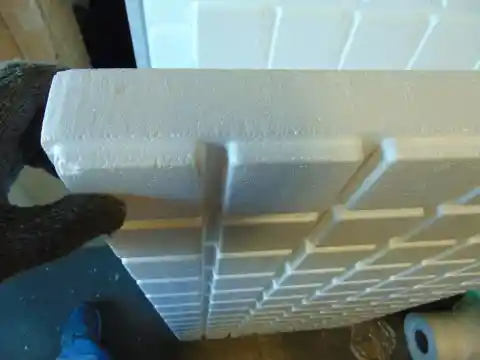
The most popular insulation materials are foam, cellulose, and fiberglass, which are quite expensive. But in the long run, you’ll realize that it’s a necessary investment as they will keep you warmer with the added benefit of reducing the worry about mold.
Power Strips Inconvenience
It's easier said than done to turn off and unplug electronics and appliances while not in use. However, when we are leaving the house, it is simple to forget to turn off and unplug devices and appliances, especially if we are in a hurry.
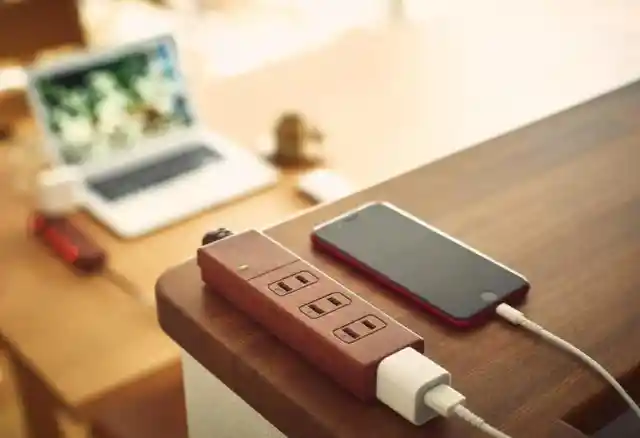
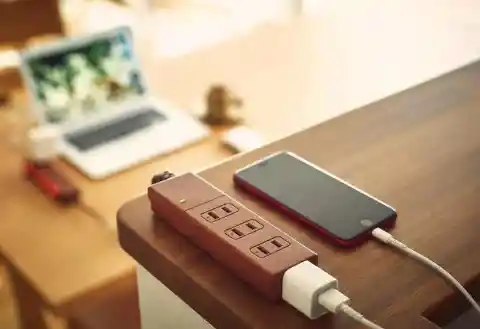
Power strips can help in this situation. Power strips let you turn off many devices at once since you can quickly unplug and shut off gadgets when they're not in use. They're ideal for situations where you're in a rush!
Opt for a Reusable Filter
Reusable filters for heating and cooling units are better for the environment because they can last up to five years. In fact, one washable filter will last as long as 20 to 60 regular filters, each of which lasts for only one to three months. You should therefore think about washing and reusing the same filter
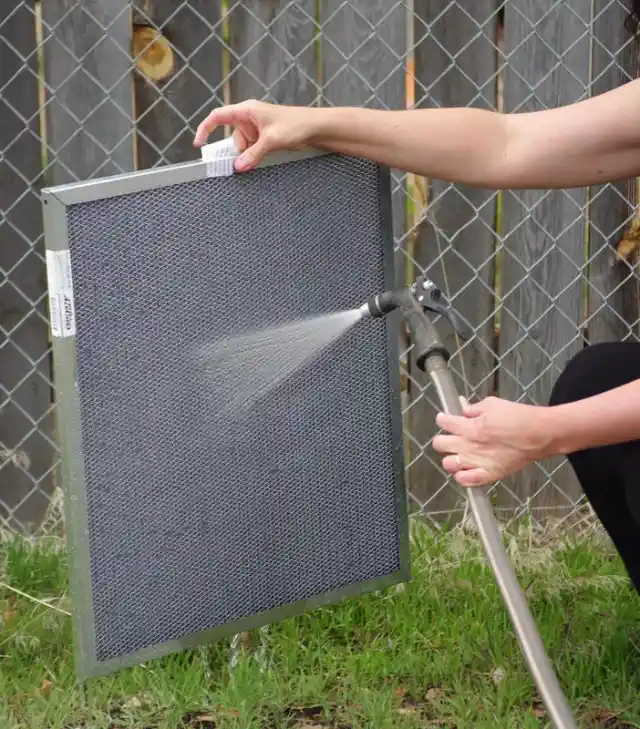
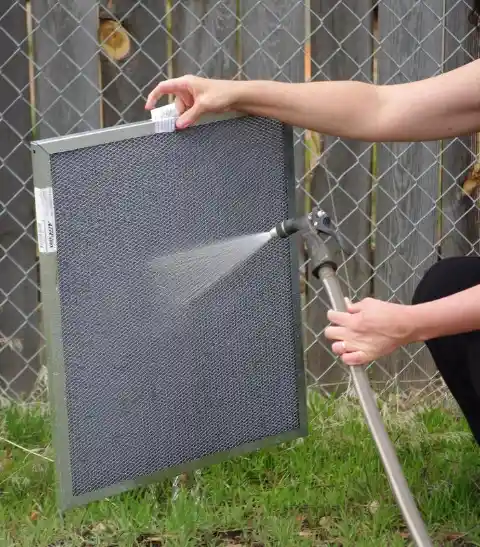
Filters that can be washed are a good investment. They might cost more upfront, but they will undoubtedly end up saving you money. You simply need to buy it once every five to ten years.
Skipping the Shampoo
You can cut back on time, water use, and product use by washing only your body and not your hair in your daily shower. You might think that seems unhygienic, but experts say you're simply mistaken.
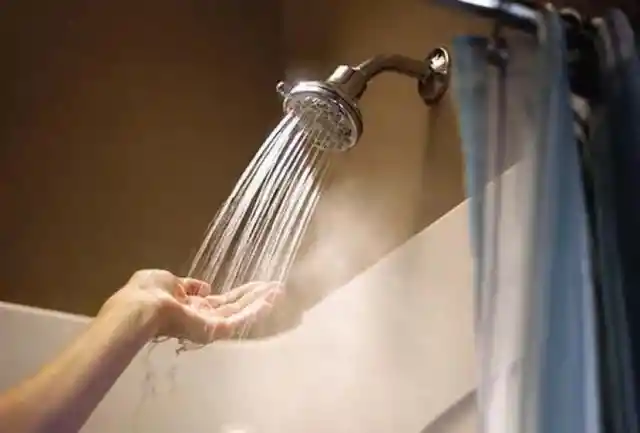
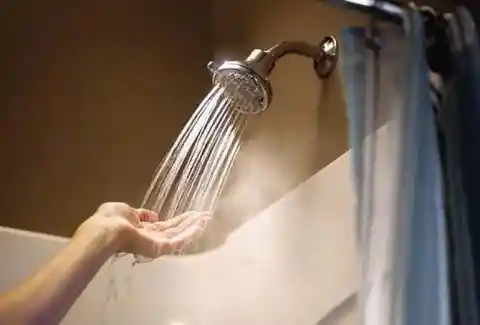
Unless your scalp is exceptionally oily, you sweat a lot, or your hair is extremely thin, washing it every other day can be ideal. Having an extra day or two between shampoos will be beneficial. You’ll save money, use less water, and improve your hair.
Seal your Ductwork
There are times when your home's heaters may already be set to the highest setting, yet the house is still chilly. This might be due to a malfunctioning thermostat or hot air leaking via the ductwork as it circulates throughout your home.
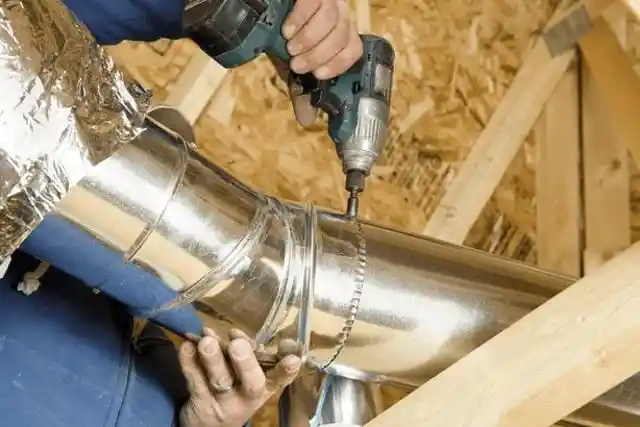

One straightforward fix is to hire a professional to seal all of your home's ductwork and find other leaks. Once you've done this, warm air won't be able to escape.
Furnace Inspection
A furnace inspection has other advantages besides saving money; after your furnace is working properly, you will notice a difference in your monthly bills. Any practical steps you can take to cut that high amount typically pay for themselves in energy savings.
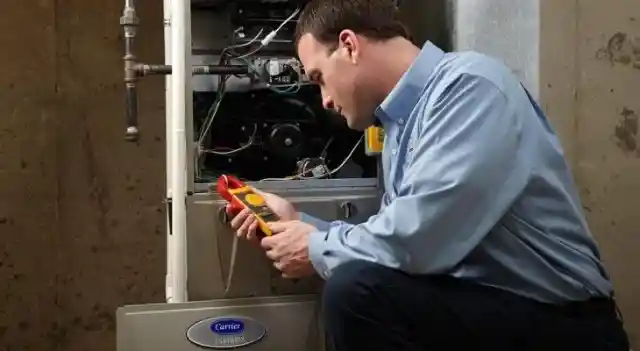
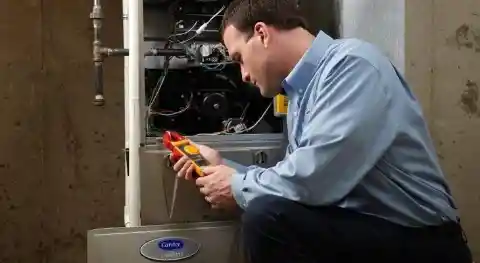
Naturally, an annual furnace check keeps your heating system operating following the manufacturer's specifications, lowers the likelihood of problems, and guarantees that all safety features are completely functional. Aside from extending the furnace's lifespan, inspections and tune-ups guarantee that it will run efficiently.
Another Standard Heating System
Fireplaces are another common heating system in addition to furnaces. Fireplaces provide a warm and peaceful atmosphere. However, it lets the brisk outside air into our living spaces when it is not in use.


So, a straightforward technique to keep the cold air out is to close the fireplace chimney; if your fireplace has a glass door, make sure to close it as well. This will help to keep your home's temperature within a reasonable range.
Cleaning Up The Sink
Doing the dishes is a very monotonous and exhausting task after a satisfying meal. Even using the best dish soap, some of the grime on the unclean dishes may be difficult to remove. But with the appropriate techniques, it's simple and takes little time.
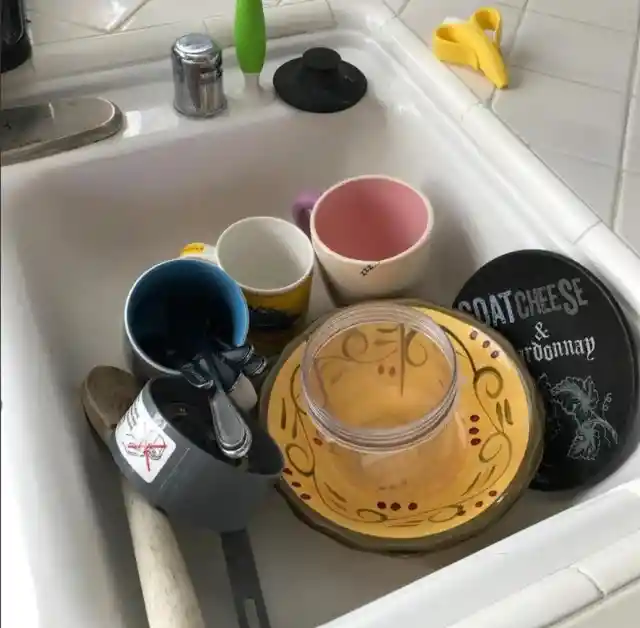
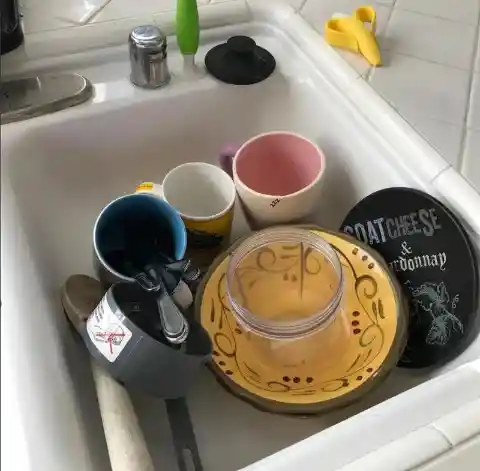
Wash and scrub the dishes. The sink should be full of hot, soapy water. Wash cutlery and other smaller, less filthy things first. To remove dirt, use a brush, cloth, or sponge. Place the item after rinsing it on a drying rack. Last, wash delicate things. Towel or air dry.
Air Conditioners
Window air conditioning units are another entry point for hot indoor air to leave our homes and for cold outside air to enter. Again, this forces us to raise the thermostat indoors, which results in higher costs.
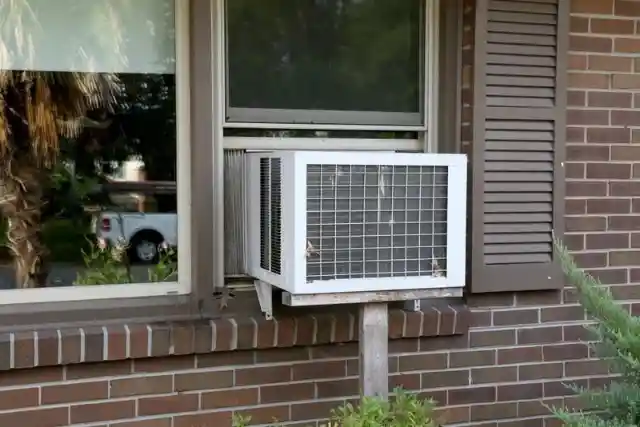
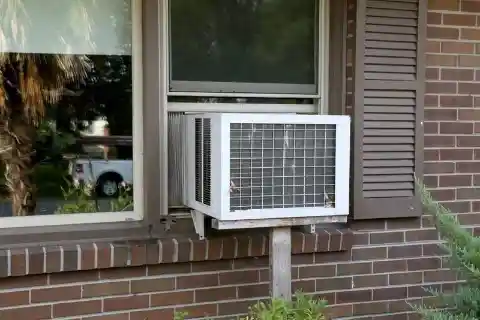
It is, therefore, crucial that you cover your air conditioners or uninstall them entirely, even though doing so might be difficult. If you cannot remove the air conditioner, fill in any drafty areas as much as possible.
Additional Drying Hacks
Cleaning the lint filter in your dryer is important; the dryer gets slower due to dust and debris lodged on the filter. The best way to keep the machine in good condition is to clean the filter frequently, ideally after each load.
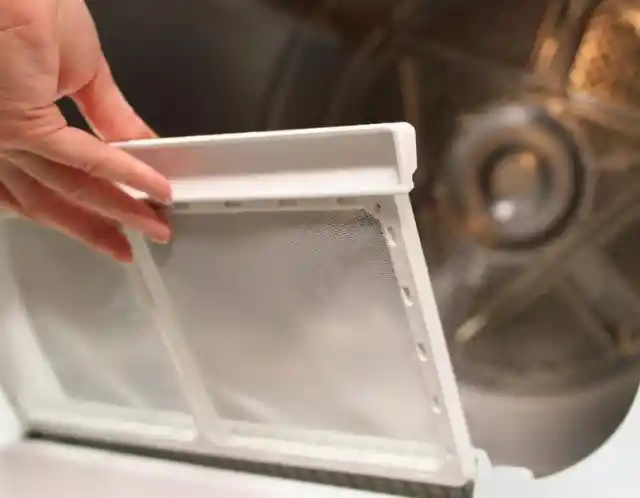
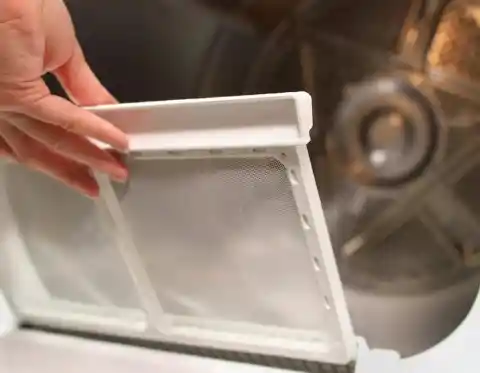
Another tip is to dry your lightweight clothing first before drying heavier fabrics. Once the lightweight items are dry, throw in the heavier clothing; the dryer will already be warmed up and will take less energy to get started.
Air Ducts Cleaning
Cleaning your ducts on a regular basis might help you save more money by lowering system wear and tear. Your forced-air systems can break down due to dirt, dust, and other debris in the duct system, reducing energy efficiency and eventually raising your utility bills.
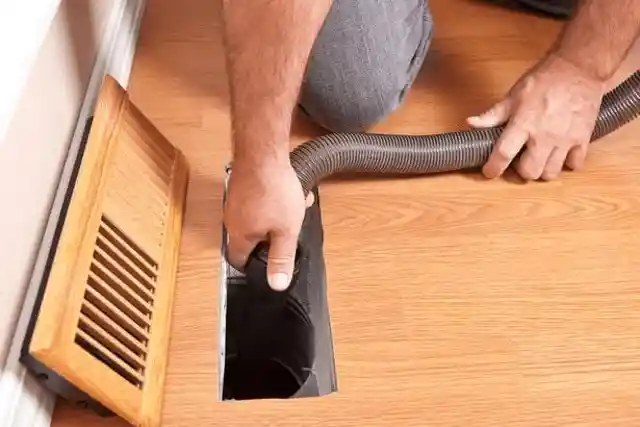
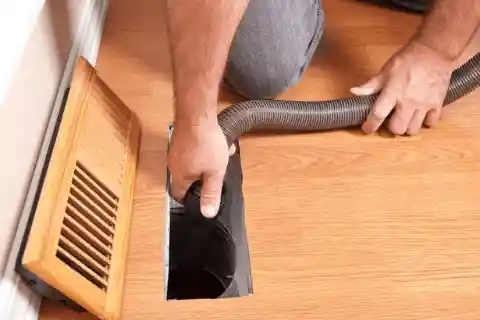
Maintaining your system as a whole increases energy efficiency and decreases your electricity costs. Air duct maintenance is part of this process and will save you money as well as improve your indoor air quality.
Warm, Quick Showers
Speaking of showers, it's perfectly common for us to take extra-long hot showers in the winter to avoid shivering and because they can be incredibly calming and peaceful. Unfortunately, a brief period of bliss comes at a heavy cost.
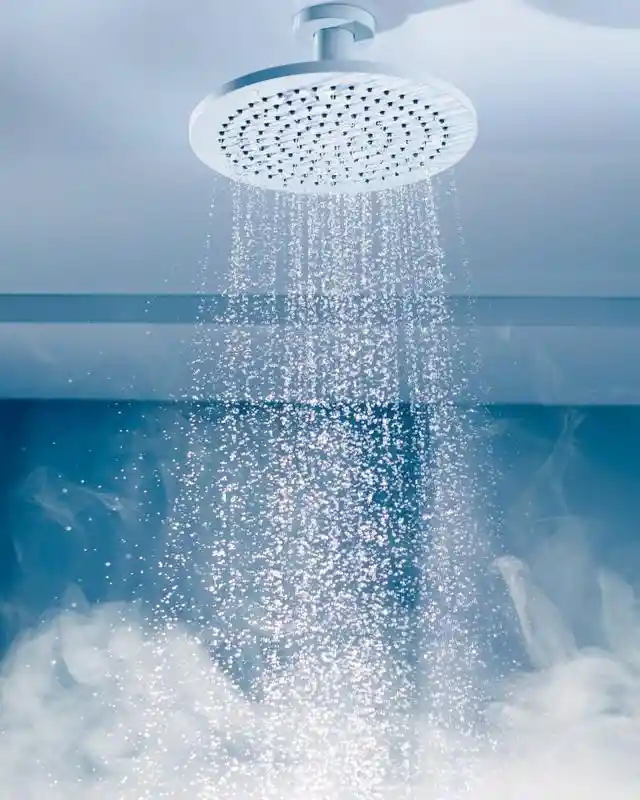
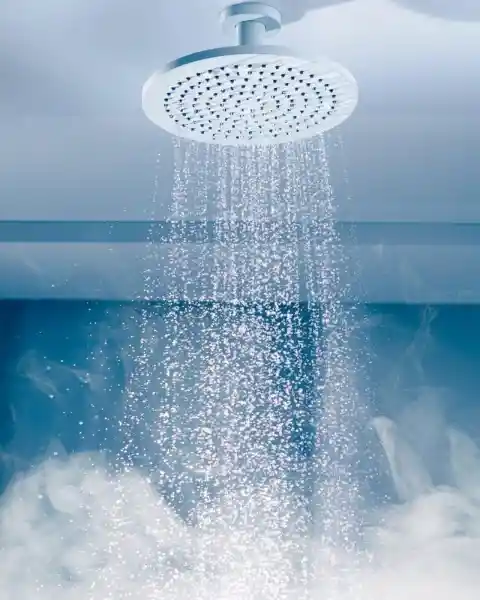
Take a brief shower rather than a long one to conserve water and electricity. We are aware that this might be challenging, but since it will help you save money on your power bill, it is preferable to conserve water and put on your pajamas more quickly.
Off Peak Time
Over time, how often you use your dishwasher can have a significant impact on your energy costs. During peak hours, the majority of energy providers impose higher rates. Check your energy provider's peak times to reduce your bill.


The cheapest time to operate your dishwasher is typically at night when people start to switch off their lights and TVs and the grid is less congested; however, peak hours may vary significantly by area. You can reduce utility costs by simply not using big appliances in the afternoon rush.
Turn Water Off If Not In Use
Some of us prefer to shave, and we typically do it while we're in the shower, so that's another reason why we stay in the shower for a long period. Most of us waste a lot of water by shaving while the water is running.
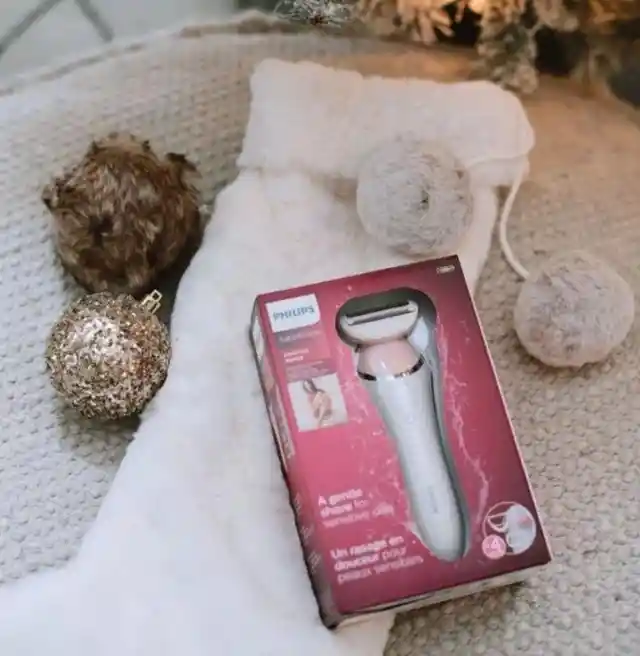
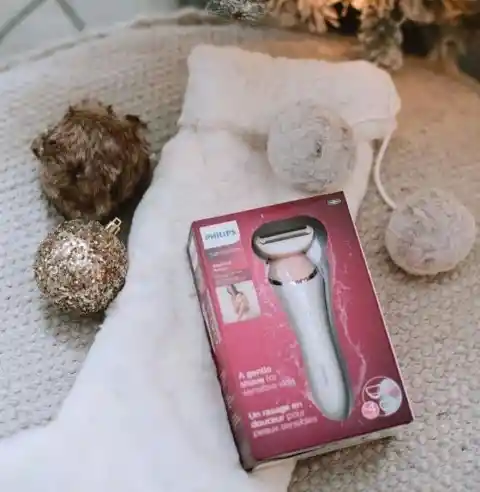
So make sure to switch off the water when shaving; we assure you you'll save a ton of water and cash on utility bills. You might also invest in a convenient electric shaver that you can use to shave outside of the shower.
Set Up Washing Machine
Given that it would take significant time for your laundry to accumulate, doing large loads of laundry may be challenging for someone who lives alone. Simply put, it is impractical since you would need some of those items before you get a chance to wash them
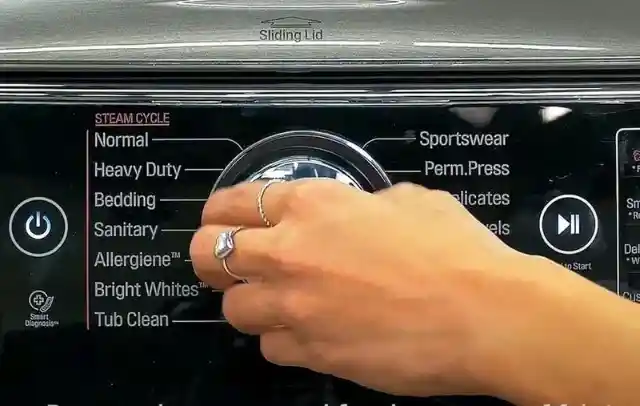
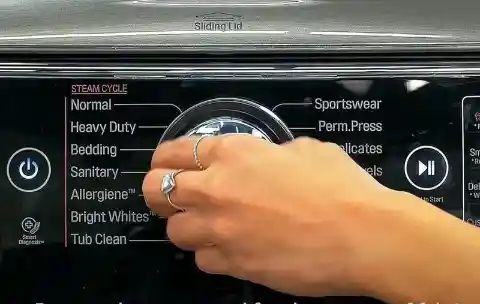
If you need to wash smaller loads, set your washing machine on a permanent press mode, the most energy-efficient setting available. This setting is meant for thinner, more delicate clothing, but should work for small batches of mixed materials.
Wash Your Pans
If you feel like you have to wait a long time for food to heat up, check your pots and pans. The black residue on the surface of your pots and pans may prevent the stove from heating the food inside.
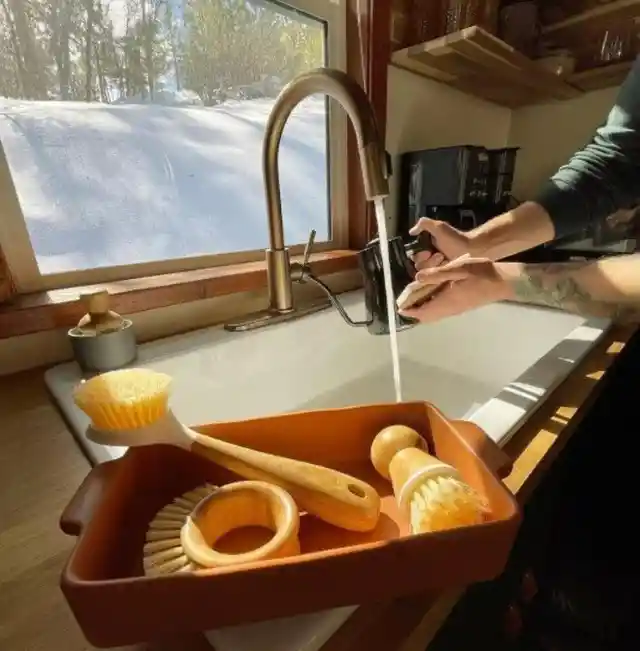
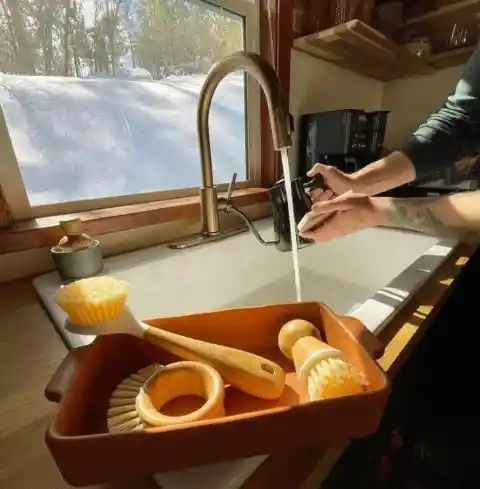
If the heat is blocked in any way, cooking time increases, as does energy use. Because of this, it is crucial that you carefully clean your pots, pans, and even teapots; give them a good scrub after each use to get rid of the black buildup.
Stuffing The Dryer Won’t Help
Despite the fact that dryers and washing machines are very similar, there are differences in how you can save energy for each machine. For the dryer, the more clothes you put in the dryer, the more energy is used.
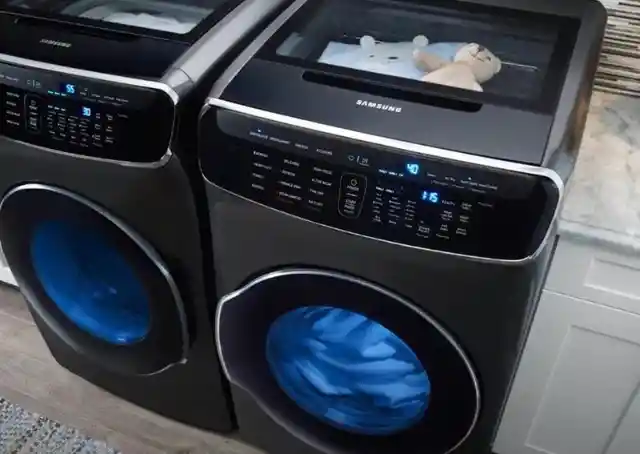
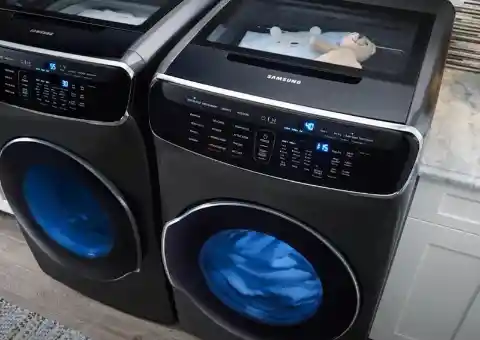
Therefore you should try to dry small batches to save energy; don't be concerned that it will take up a lot of your time. We guarantee it'll be worthwhile. It's also less expensive than buying a second dryer!
Pre-Washing Dishes is a Big No
When it comes to cleaning, most of you probably have dishwashers. They definitely make life easier, however, the most common complaint we've heard is that these useful appliances don't always clean your dishes thoroughly. We've been told numerous times that we should pre-wash them.
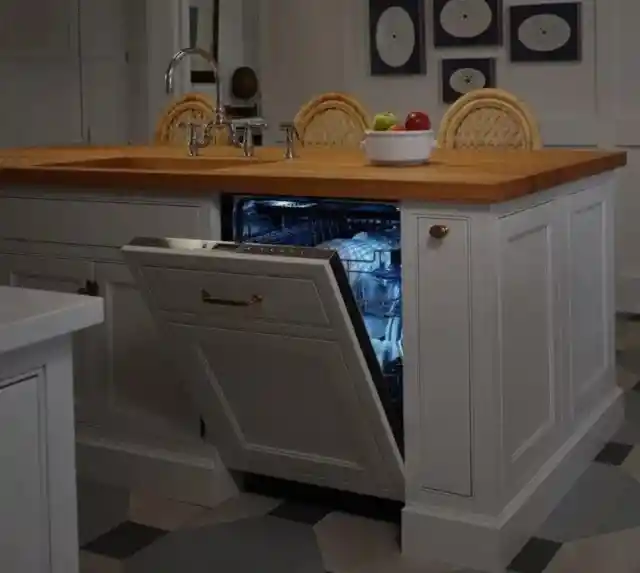
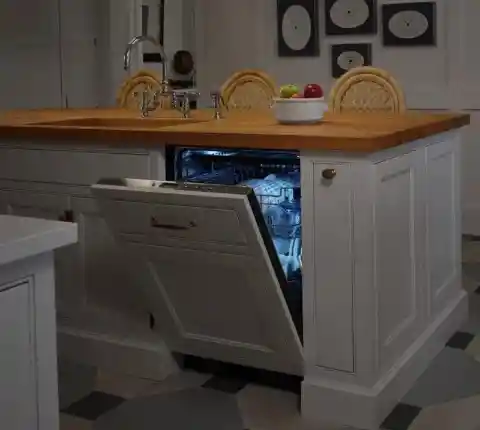
We have to tell you that rinsing dishes before loading them into the dishwasher is a waste of time. Instead, load the washer with all of your dirty plates and then wash only those that are nevertheless dirty after the washer has finished; this will save you a lot of water.
Check Faucets of Any Leaks
Please do not disregard leaking faucets in your home. This may appear to be a minor issue that can be put off for a while, but it is not because leaks are a complete waste of water.
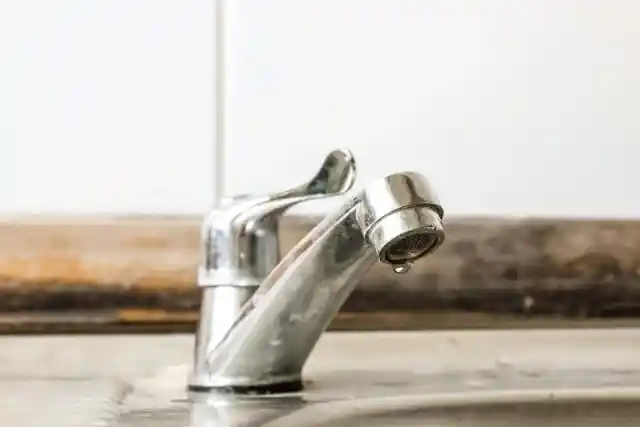
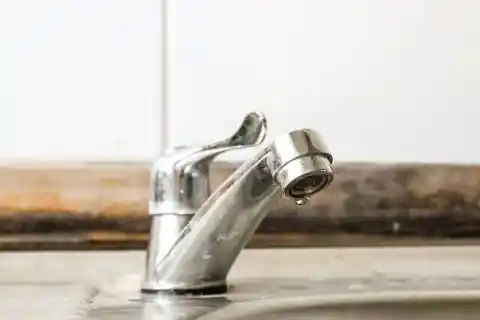
As a result, you should inspect your home for leaks on a regular basis and repair them as soon as possible. If you can't get someone to come out right away to fix it, you should turn off the water supply to that faucet until you can get a professional to look it over.
Bulk Washing
Dishwashers, like washing machines, save energy when you load as many dirty dishes as possible. As a result, every time you load the dishwasher, challenge yourself to a Tetris match, with the goal of fitting as many dishes as possible in one go.
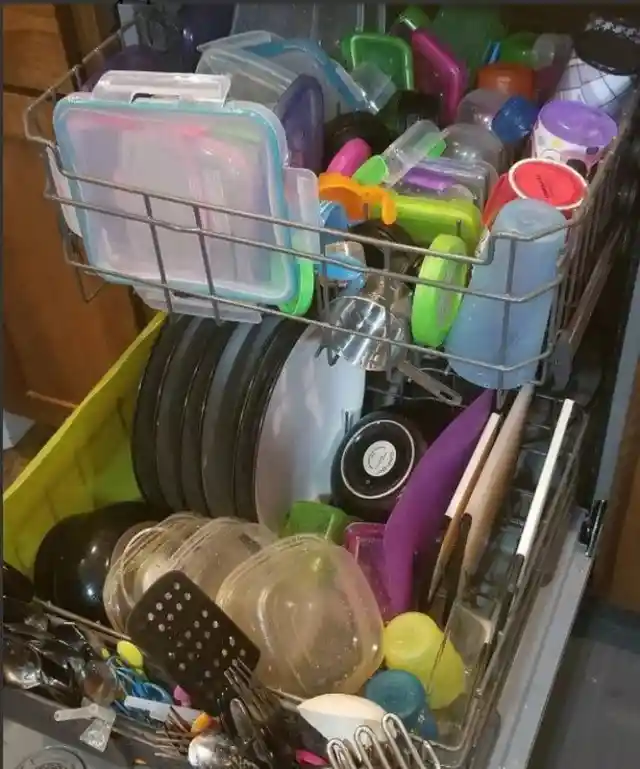
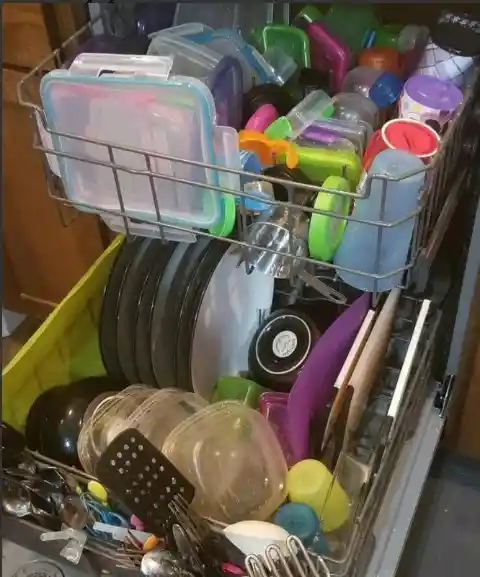
However, if you live alone, it may be difficult to accumulate this many dirty dishes. As a result, you could wash both cooking appliances and dirty dishes in a single load, or wash after two meals rather than one.
Leave Them To Dry
Now that the dishwasher has cleaned your dishes, you'll need to dry them before storing them in your cabinets. Some dishwashers offer no-heat drying, but it consumes a lot of energy and may be discouraged by those who care about the environment.
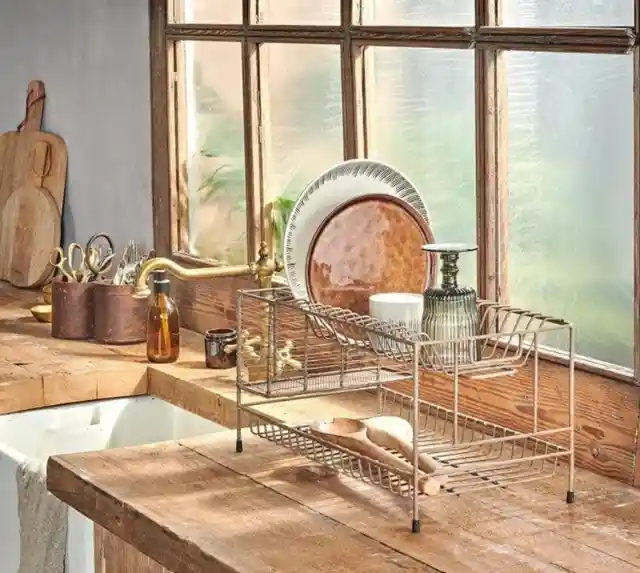
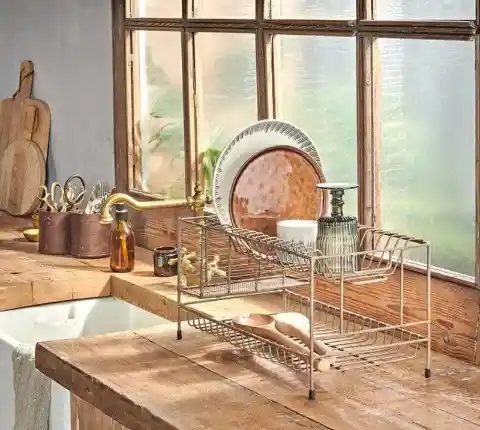
As a result, instead of using the drying alternative on your dishwasher, let your clean dishes air dry. Open the door to your washer and let them dry naturally, or let them dry overnight by transferring the dishes to a drying rack.